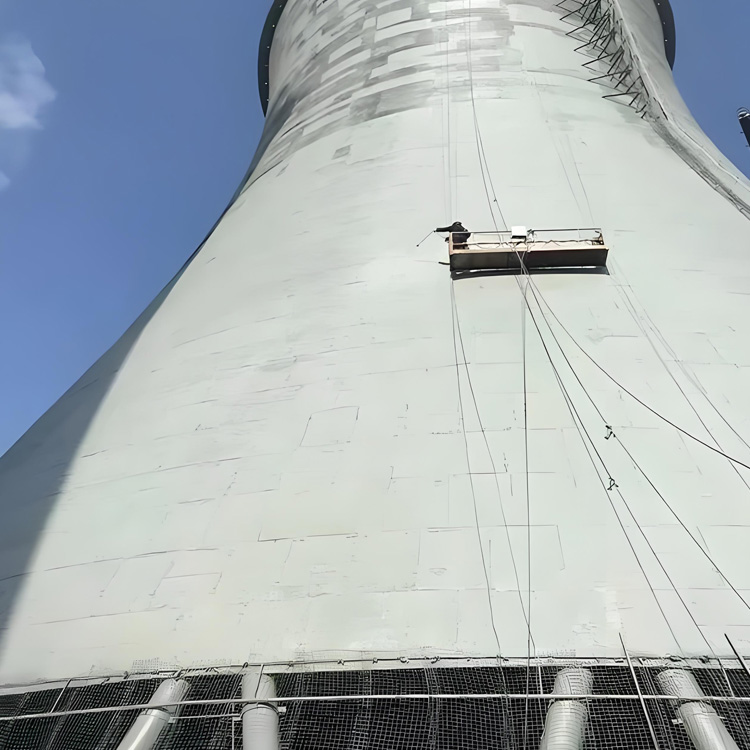
The quality and thickness of the anti-corrosion coating have a great impact on the waterproof effect, which can be reflected in the following aspects.

The chemical composition, weather resistance, adhesion and overall performance of the anti-corrosion coating directly affect its waterproof ability. High-quality anti-corrosion coatings can form a dense, continuous and non-porous film layer, effectively preventing moisture and corrosive media from penetrating into the surface of the substrate, thereby providing good waterproof and anti-corrosion protection.
The thickness of the coating is also a major key factor in determining the waterproof performance. A coating that is too thin may not provide enough barrier to prevent moisture from penetrating; while a coating that reaches the appropriate thickness can ensure sufficient physical barrier effect and reduce the possibility of moisture entering the material through diffusion or capillary action.
Anti-corrosion coatings of sufficient thickness help to extend the service life because they can provide a longer consumption cycle and can still maintain effective waterproof and anti-corrosion functions when exposed to water vapor or other harmful environments for a long time. A coating that is too thin may cause early failure. With time and environmental erosion, the coating will gradually wear and become thinner. When it is below the critical value, it will lose its waterproof and anti-corrosion effects.
Depending on the different types of anti-corrosion coatings and application scenarios, there are corresponding recommended and standard coating thickness requirements. Failure to follow these guidelines may result in insufficient or ineffective waterproofing performance.
Some advanced anti-corrosion waterproof coatings have a certain self-healing ability. In this case, the appropriate thickness can ensure that the coating can self-seal even when tiny cracks appear, maintaining the overall waterproof seal.
Although an overly thick coating theoretically provides better protection, it may increase costs and does not necessarily provide us with the most cost-effective solution. So we should choose a suitable coating system and strictly control the construction thickness.